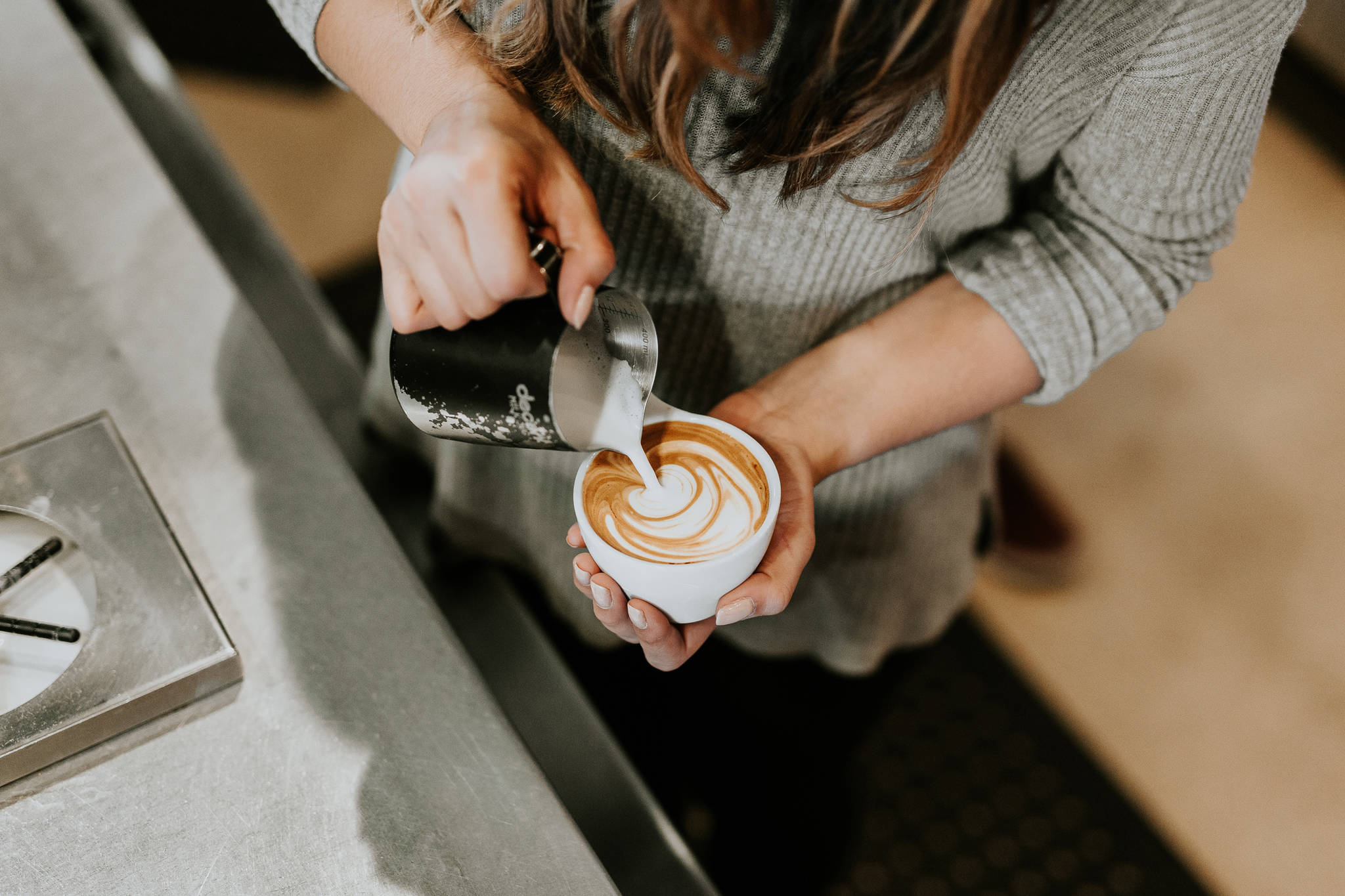Being a barista in Juneau is a rare privilege. The community is good to us, and the majority of my customers brighten my every day. Still, as with any job, there are the less than stellar things I’ve had to get used to:
I am used to taking rapid-fire orders.
Me: “How’re yo—?…”
Customer (speaking at the speed of light): “Gimme a non-fat, half-caff, sugar-free macadamia nut cappuccino with no foam. Can I get that double-cupped? Oh! I’d also like it blessed by the Pope. Thanks.”
I am used to being routinely blamed for prices outside of my control.
I could go on, but I think you get the picture.
As a barista, my skin has thickened to protect me from these daily attacks on my sanity, but I have not gotten used to one looming thing: male entitlement.
I am not used to my coworker asking me if she looks OK after a man the age of her grandfather told her, “You better be careful in those jeans.” She was 17.
I am not used to guys complaining about how much they tipped their last barista who still never got around to giving them her number. I guess she didn’t realize she was also on the menu. Am I on the menu, too?
I am not used to even my most well-meaning male friends suggesting that I wear different clothes because my outfit somehow makes me more of a target. They do not realize that no matter what I’m wearing, I am always a target.
I am not used to dreading the possible interactions with men who “want to know what my shirt says” because I made the mistake of wearing a top with words on it.
The things I haven’t gotten used to are the things no woman ever will. These experiences are not mine, but ours. I used to think there was strength in the shared nature of these experiences, but now I am not so sure.
How many of us must personally detail the same experience? How many must shout, scream and eventually sob to finally be heard? Will we ever be heard?
How can there be power in feeling powerless? Will the momentum of the #MeToo movement die because its implications are just too depressing?
The vast majority of my interactions with male customers are positive and not at all creepy. Most men reading this can likely say that they’ve never done anything I’ve detailed above. I believe them. I also hope they believe me when I say I deal with iterations of the above experiences at least daily.
The men making me and my coworkers feel uncomfortable often hide where you might not expect. They are both outwardly liberal and conservative. They are both young and old, rich and poor, single and family men. They are our fathers, grandfathers, brothers and uncles. They are our employers, friends, teachers, and political leaders. They are inescapable and yet often oblivious to the discomfort they cause women on a daily basis.
Individual offenders are responsible for their actions, but are larger social forces at play shaping the injustices I’ve described and they’ve got to go.
This letter is not meant to vilify half the population. It is my hope that if a man reads this and recognizes himself and his behavior in the list of “what not to do,” he is able to use his new understanding as a starting point from which to grow.
No one wants to be called sexist or prejudiced. There is something so gutting about those accusations that makes us all want to curl up like self-righteous human pill bugs. While this might be our natural response, it is also the enemy of real, measurable change.
I do not want to live in a world where #MeToo gives way to an unapologetic “Who hasn’t?”
Sadly, I fear that is where we’re heading.
It is on all sexes and genders to fix this. We must. I’d imagine the next generation of female customer service workers would also appreciate it.
• Sammy Haight grew up in Juneau and has worked off and on as a barista in the community for over five years. She is just three semesters away from completing her bachelor’s degree in social work. My Turns and Letters to the Editor represent the view of the author, not the view of the Juneau Empire.

